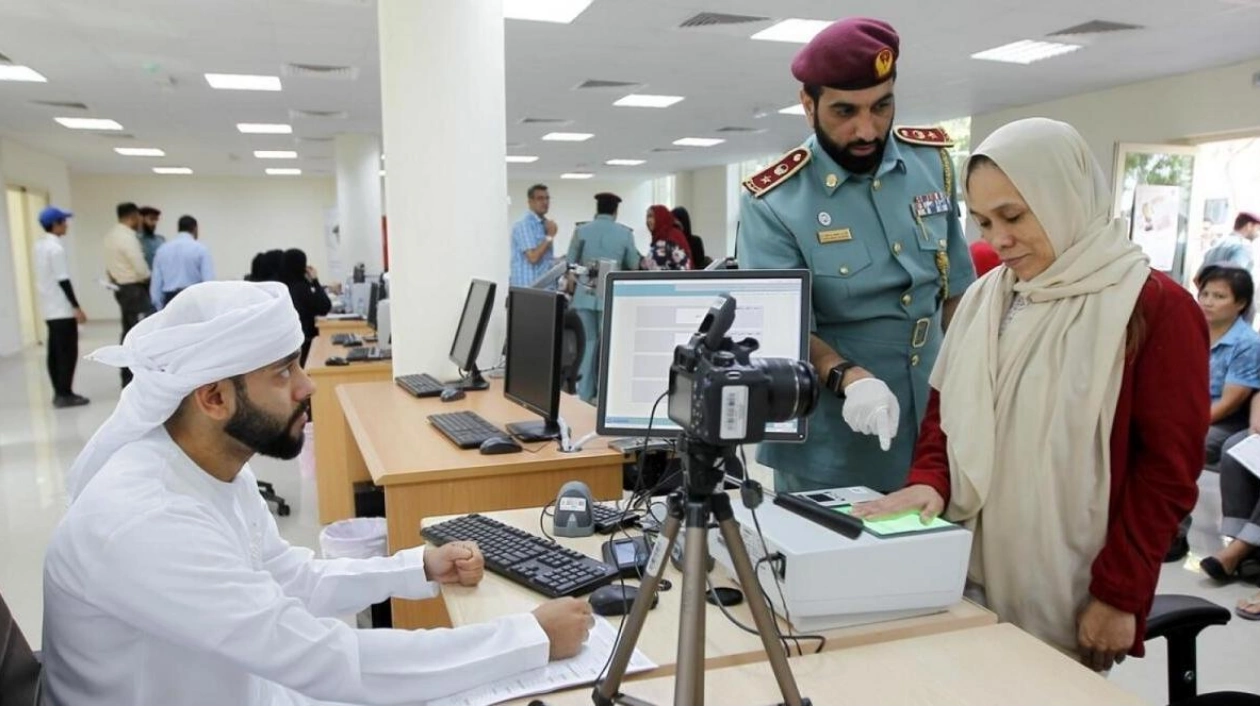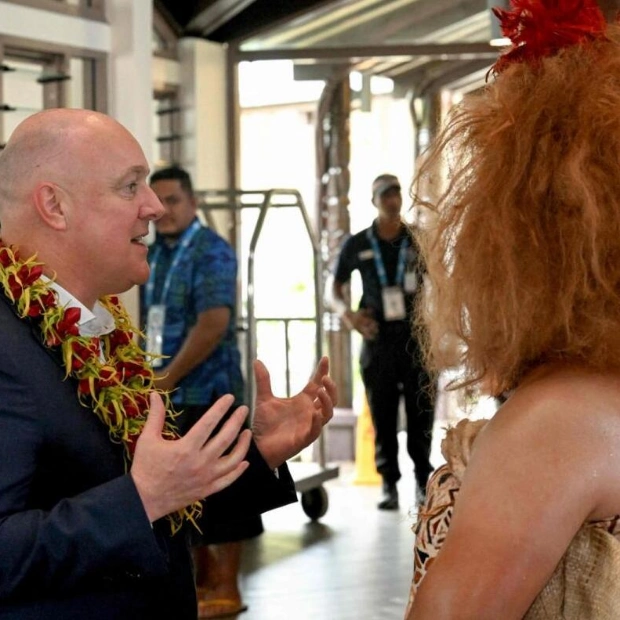Nigerian national Abu Backr* was constantly haunted by thoughts of his daughter after learning about the UAE Government's amnesty for residence visa violators. He left for Dubai in 2019, leaving his daughter, then just a few months old, behind. "I am constantly reminded of her face. I miss her every single day," said the 38-year-old Abu. Now, his daughter is five years old and has never met her father in person. With a substantial overstay fine against him, Abu has been stranded in the UAE for nearly three years without valid residency.
Abu was among the many whose livelihoods were affected when the pandemic hit. "My employer's office closed, and they held onto my passport," he recounted. By the end of 2021, his visa had expired, and he retrieved his passport from his employer, but struggled to find new employment. "I remained in the country illegally," Abu confessed. In September 2022, he finally secured a job, but the overstay fines were prohibitively high.
"Since then, I haven't had the opportunity for a regular job or to return home," he told Khaleej Times. Currently, he works part-time as a car cleaner in Dubai. The recent announcement of a two-month grace period by the UAE has given Abu hope. Starting September 1, residence visa violators can either leave the country or regularize their status without fines. "I am overjoyed. Soon, I will be able to see my daughter and play with her," Abu expressed.
'I lived in constant fear' Lana Hub*, a 45-year-old Indonesian housekeeper, has been in the UAE for nearly eight years. She arrived on a housemaid visa and worked for a family in Abu Dhabi until they abruptly left, leaving her jobless and with an expired visa. Without funds or a way to return home, she became an overstayer. "I lived in constant fear of being caught and deported. I wanted to work and send money to my family, but it was impossible with my status," Lana explained. Over the years, she took on odd jobs, always under the shadow of fear. "When I heard about the grace period, I felt a massive burden lifted," Lana said. "I can finally see a way out. I want to regularize my status and find a stable job. This is a second chance for me," she added.
A glimmer of hope Asif KF*, a 30-year-old cleaner from Bangladesh, has been in the UAE for five years. He came to Dubai hoping to earn a better living to support his family back home. He secured a job as a cleaner with a small company, but when it faced financial troubles and closed, Asif was left in the lurch. "I didn't know what to do. I needed to send money to my family, but couldn't find another job with my expired visa," Asif recounted. He continued to work part-time jobs, always in fear of deportation. "This is my chance to set things right. I want to legalize my stay, find a stable job, and continue supporting my family," Asif said. "I am thankful to the UAE Government for this opportunity. It gives me and many others a second chance."
Illegal residents are eagerly awaiting September 1, when the amnesty scheme is set to begin. However, the procedures and conditions for waiving fines and regularizing status are yet to be disclosed.






